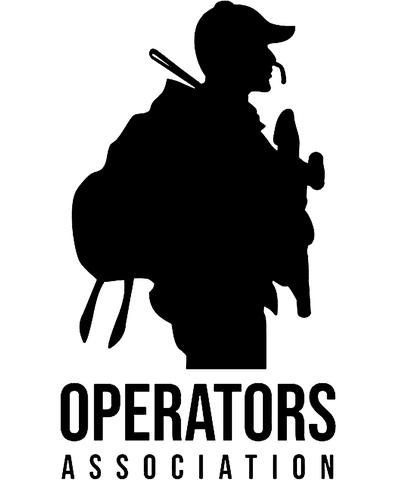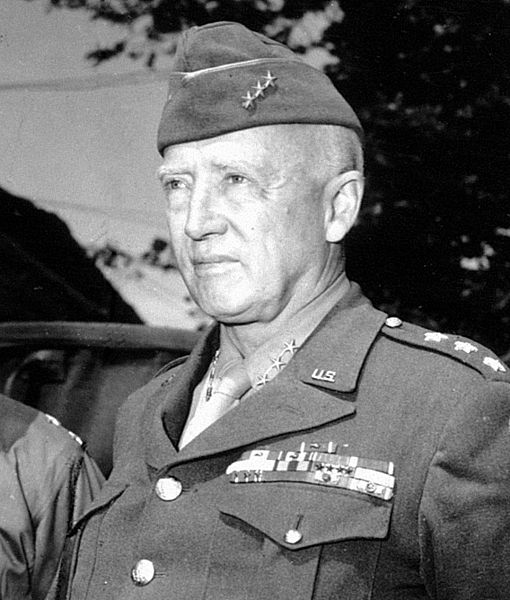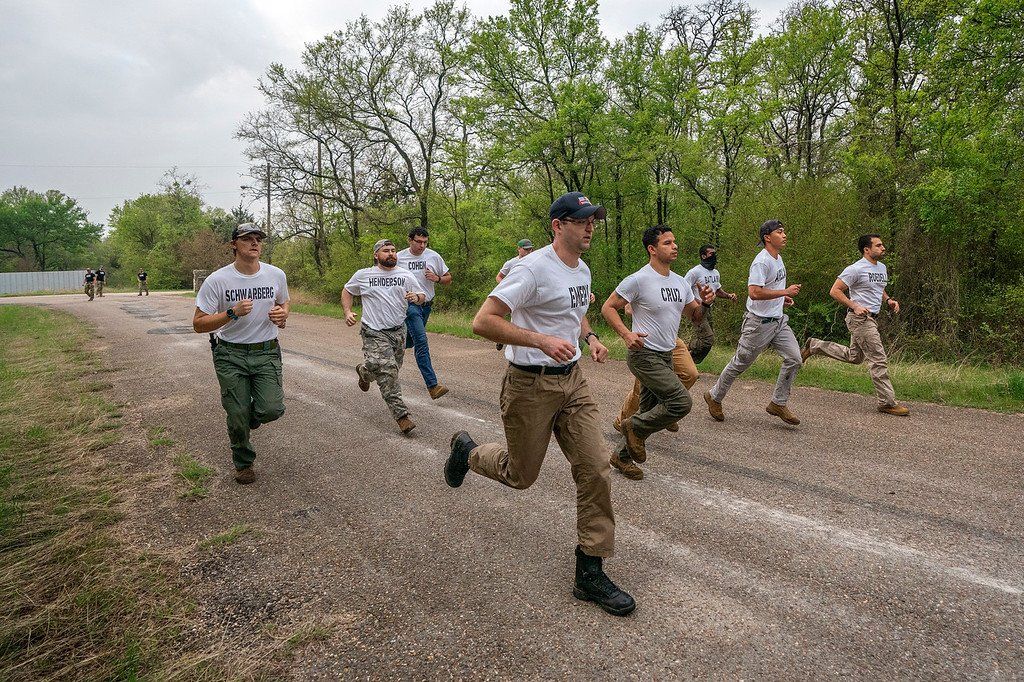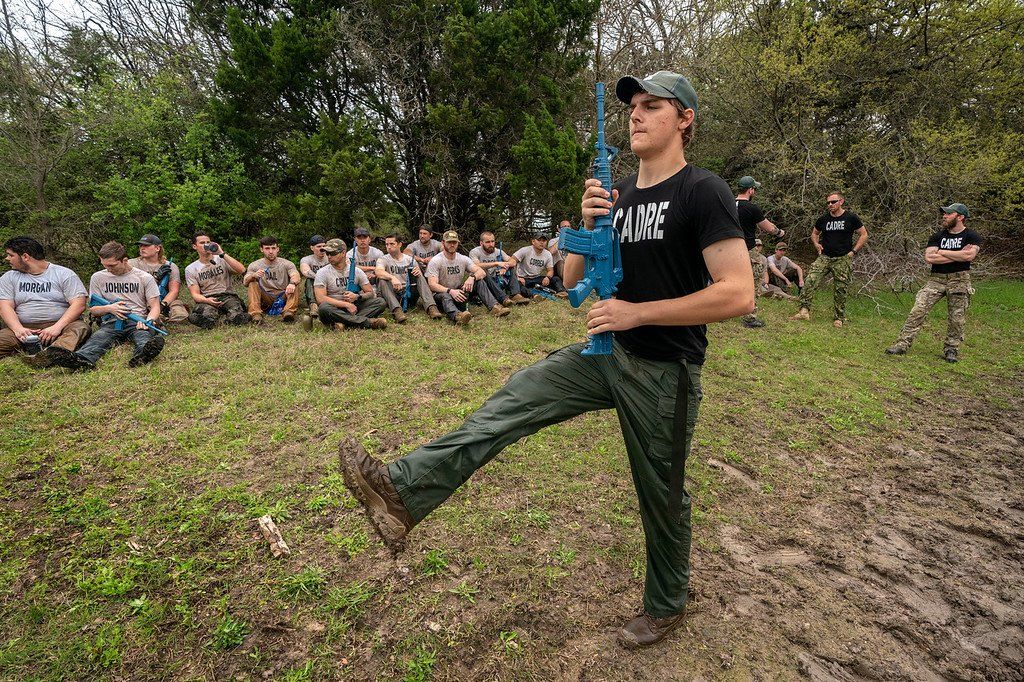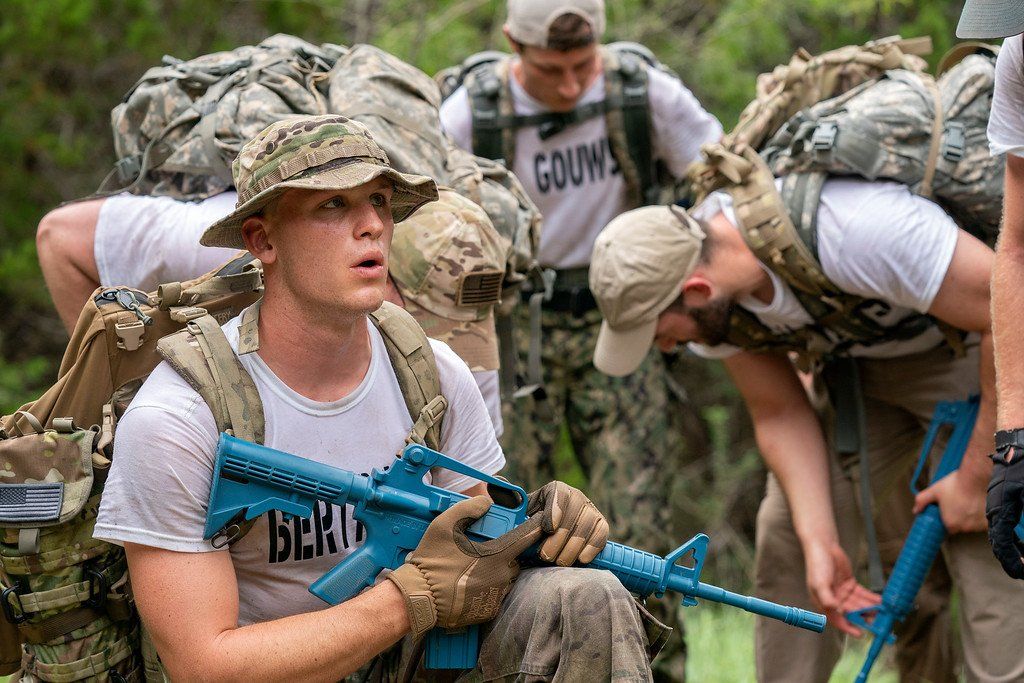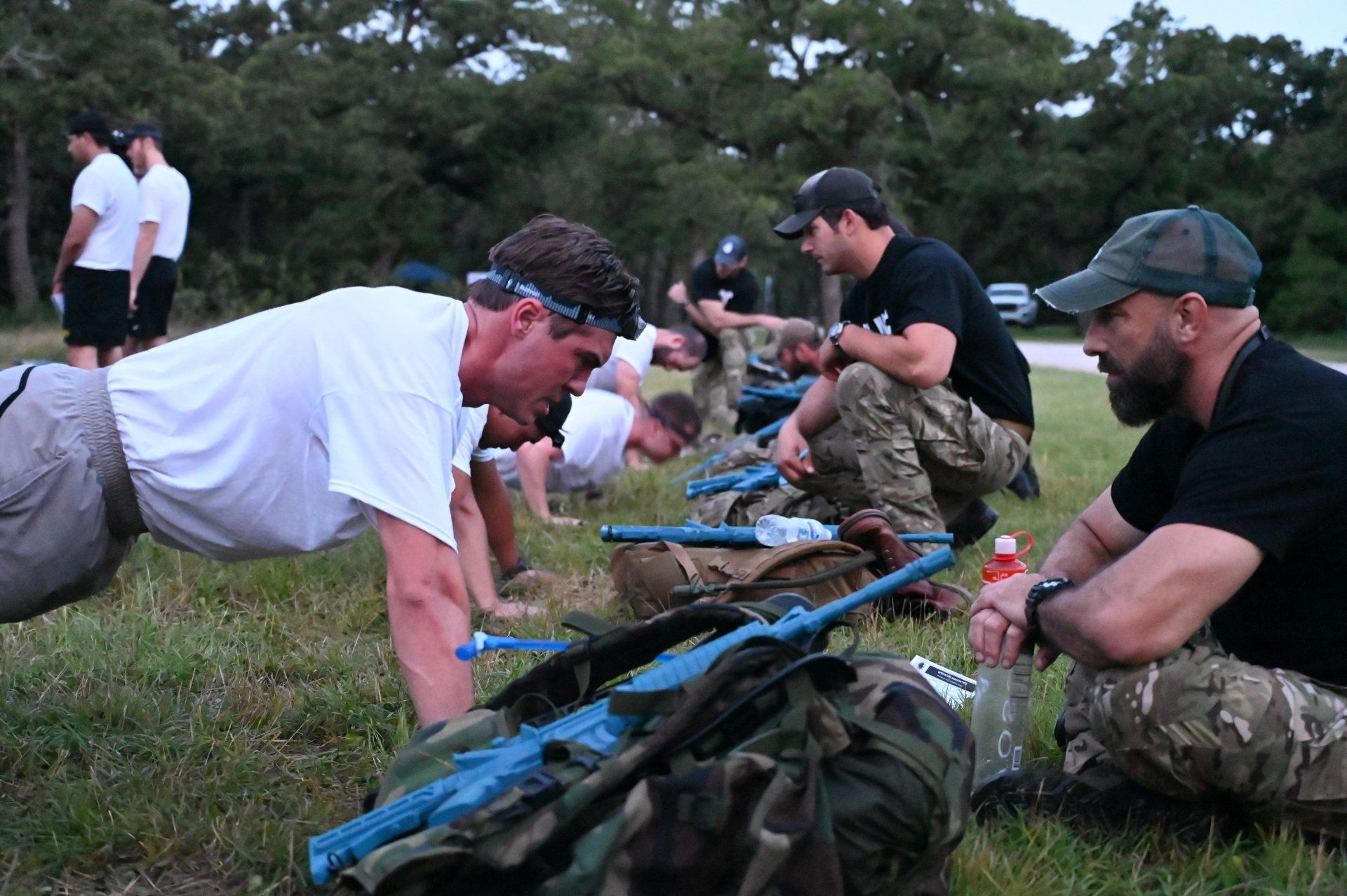Traits of a Strategic Thinker
The four characteristics all tactical thinkers share.
Having the ability to think strategically is a skill that can make the difference between success and failure. Tactical thinking doesn’t just mean being witty or making elaborate plans. It means having the situational knowledge and operational intelligence to adapt, overcome, and thrive when facing challenges and obstacles.
In this OA guide, we’ll highlight the four traits you must have before you can start calling yourself a strategic thinker.
1) Become Objective-Focused
Strategic thinkers don’t waste their time ambling around without direction. They are laser-focused on their objective. Every step a tactical thinker makes brings them closer to their goals.
If you want to succeed in your mission, you must first define your purpose. It should be explicit, objective, and clear – if you can’t explain your aim with a single sentence, it’s too convoluted. Once you establish your end goal, ensure that everything you do is productive in helping you accomplish it. Every person in the world has the same 24 hours every day, so how is it that some individuals accomplish so much in their lives compared to others? It’s because high-performers live and breathe their goals – no objective is impossible if you dedicate yourself to its pursuit.
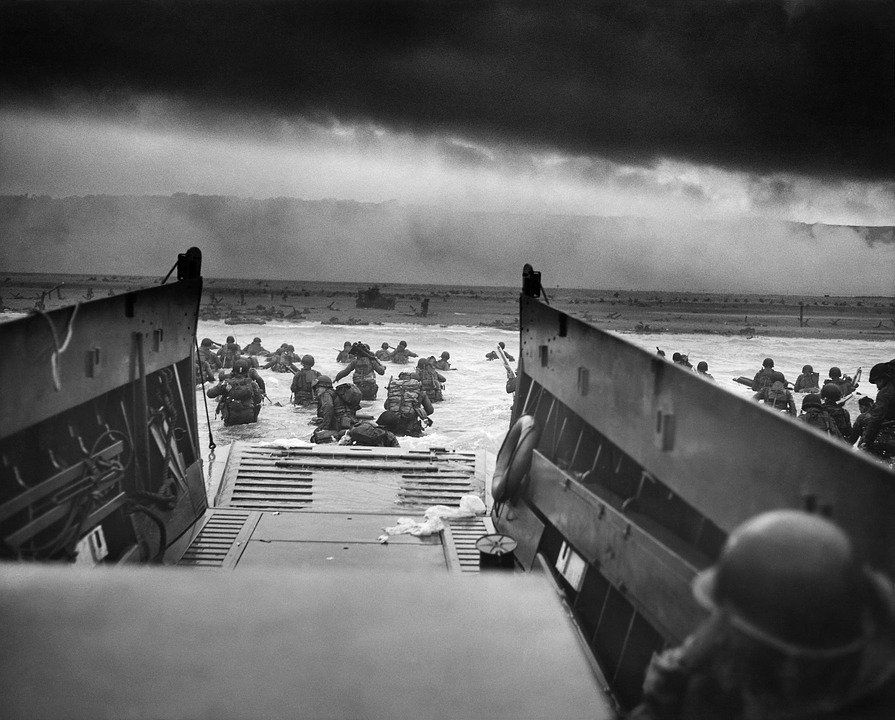
2) Be a Diligent Planner
“In preparing for battle I have always found that plans are useless,
but planning is indispensable.” – Dwight D. Eisenhower
Whether you’re mapping out a military operation or launching a business, planning is essential to success. Creating a game plan isn’t just about figuring out the steps you’ll take in your mission. In fact, it’s rarely ever about actually outlining your moves.
The nature of plans is that they rarely pan out. In most scenarios, you will encounter an unexpected event that throws a wrench into your ideal strategy – rendering your plan useless. If that’s the case, why should you bother planning in the first place? Because creating a plan lets you identify and remedy otherwise unnoticeable problems with your operation. In other words, the better you plan, the more obstacles you’ll foresee and eliminate.
Creating a strategy for your mission isn’t about executing it perfectly. It’s about getting the “mental reps” you need to eliminate obstacles and adapt when they inevitably arise.
3) Become Opportunistic
Just as unwelcome obstacles can sometimes appear within your missions, so can unexpected opportunities. The most successful, highest-achieving people aren’t always those with the highest IQ or talent. Instead, they are those who know how to identify and take advantage of opportunities – and which ones to avoid.
When most people think about the idea of being “opportunistic,” they imagine someone who’s sly and dishonest in their deeds. In reality, being opportunistic isn’t about exploiting those around you. It’s about taking the uncontrollable factors that affect your life and leveraging them to make the most of a situation.
Becoming opportunistic might sound like something reserved for the smartest and sharpest people in the world, but it really comes down to having a thorough understanding of your goals. When you have dissected your goals with great detail, finding opportunities comes naturally – it’s simply an extension of your prior planning.
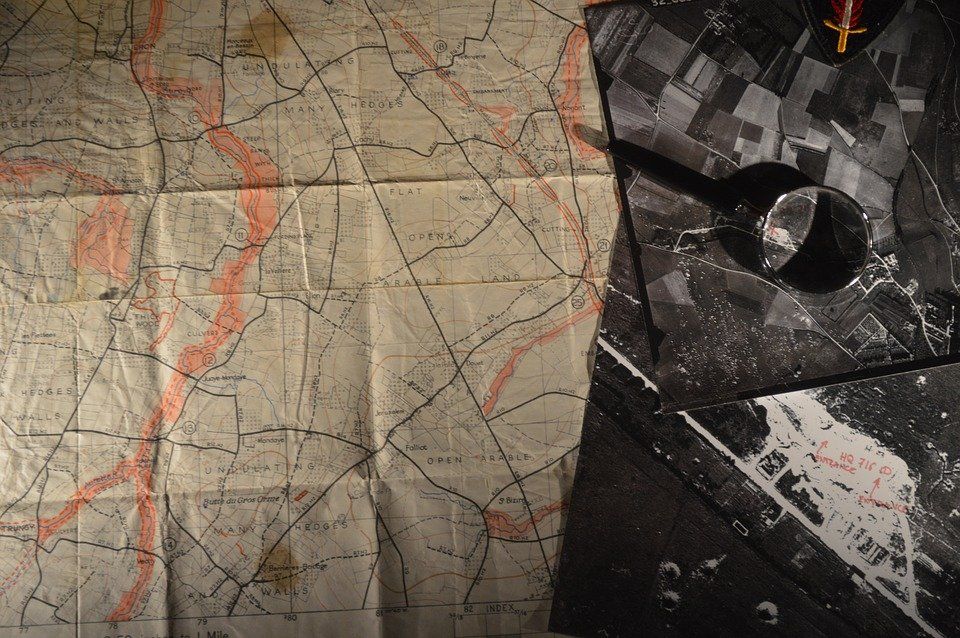
4) Play for the Long Term
“The object of war is not to die for your country but to make the other
bastard die for his.” – Gen. George S. Patton
Nobody likes to lose – especially not those who pride themselves on being strategic thinkers. Despite this, being an effective tactician requires understanding the value of playing the long game. Sometimes, it’s okay to lose a battle if it means winning in the long term. It’s also acceptable to make a tactical retreat and live to fight another day. You aren’t any good to your people if you’re dead or defeated.
If you want to become a tactical thinker, you must take a chess-like approach to accomplishing your goals. Chess players don’t make every move up on the spot. Instead, they plan ahead – visualizing and calculating their movements several turns in advance. They study their opponents, learn their weaknesses, and master their strategies. Become a student of your craft – strategic thinking requires a strategic mindset.
If you’re looking for more ways to develop your leadership skills, become an OA Aspiring Operator today. You will unlock instant access to hundreds of exclusive special forces podcasts, a private weekly accountability group, and a community of hundreds of motivated, disciplined future operators who will keep you accountable for your progress.
